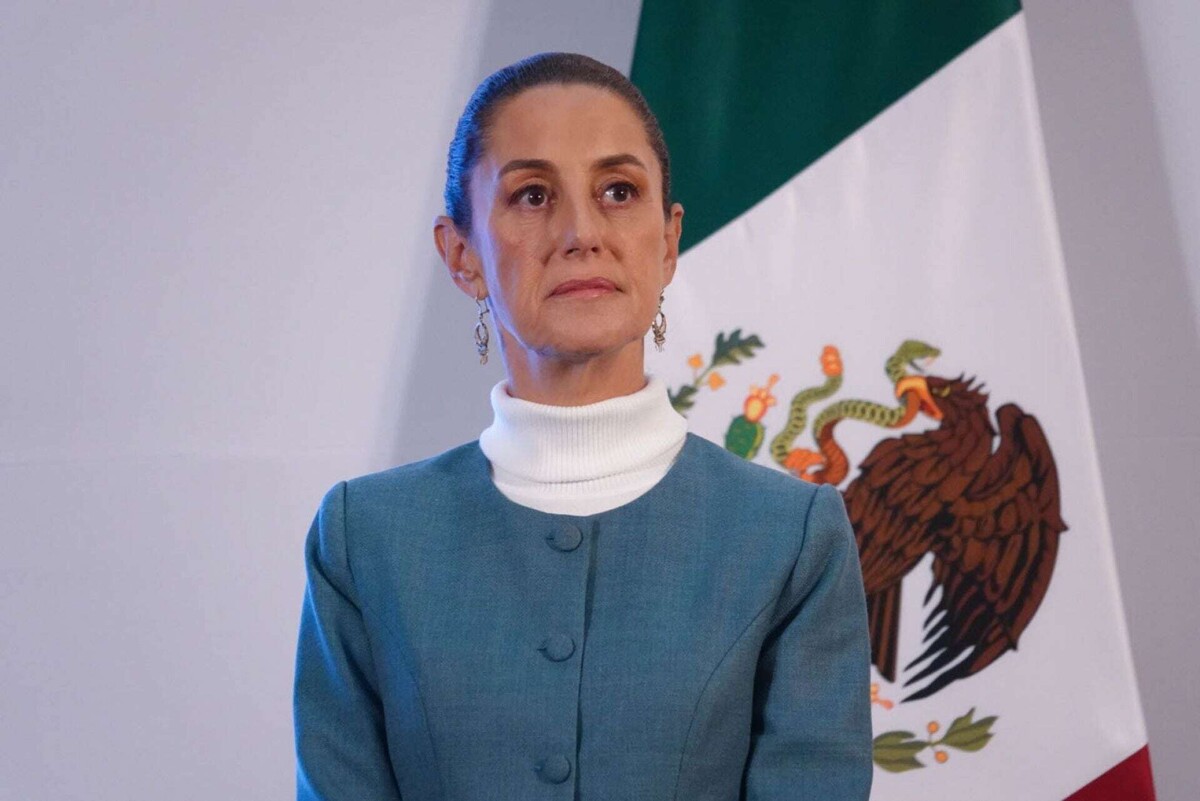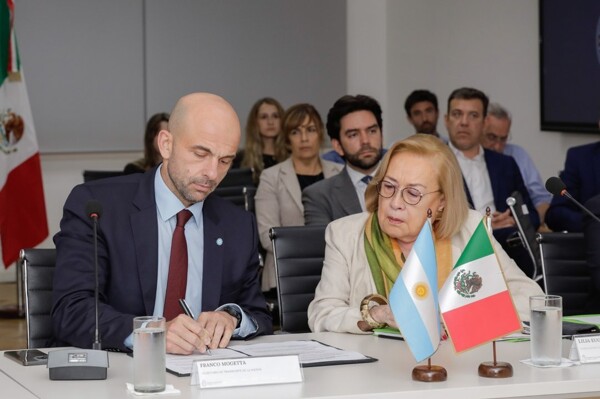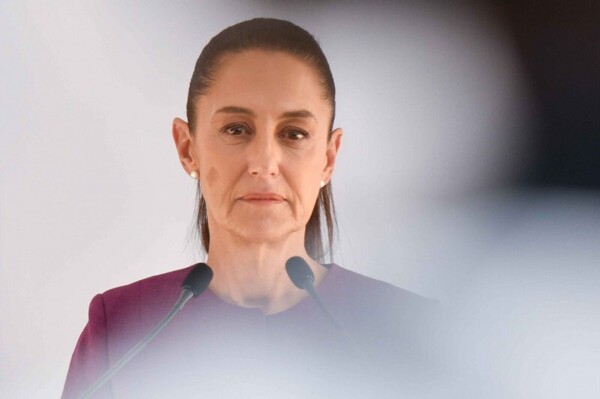
The retired minister, José Ramón Cossío, warned that the deputies, senators, and the president of Mexico, Claudia Sheinbaum, could be dismissed if they do not comply with the ruling of the Supreme Court of Justice of the Nation. This warning is based on the project of Minister Luis González Alcántara Carrancá, which seeks to partially invalidate the reform to the Judiciary.
According to Cossío, if the SCJN votes in favor of partially invalidating the reform and the president decides not to comply with the ruling, the ministers could dismiss her and initiate proceedings against her and other officials who also do not comply with the judgment. Cossío mentioned that, in this case, the ministers could consider removing and prosecuting the Executive and Legislative branches based on Section 16 of Article 107 of the Constitution.
In this situation, the dismissal of Claudia Sheinbaum would not require approval from the Congress of the Union, as the Supreme Court historically considers that this decision should not go through the Chamber or the Attorney General's Office. This situation would break with the concept of monopoly of criminal action, allowing the ministers to directly charge individuals who fail to comply with the ruling.
On the other hand, in the event of the president's dismissal, deputies and senators could carry out a political trial against the ministers who voted in favor of this measure. Cossío warned about the danger of escalating positions from both sides and the use of bellicose language, cautioning that both parties are raising the stakes in a conflict that should be avoided.
Regarding Minister Alcántara Carrancá’s project, it seeks to invalidate the election of judges by popular vote, among other controversial aspects of the Judicial reform, such as the figure of "faceless judges." The project argues that the popular election of district judges and circuit magistrates does not guarantee minimum conditions of legal security in a democratic system since it does not offer certainty about the candidates' requirements and does not allow for informed voting by citizens.
The minister suggests that this election "corrupts the foundations" of a representative and democratic nation; however, he does not comment on the popular election of SCJN ministers or other courts, arguing the necessity of self-restraint from the Court amid an ongoing constitutional crisis.














